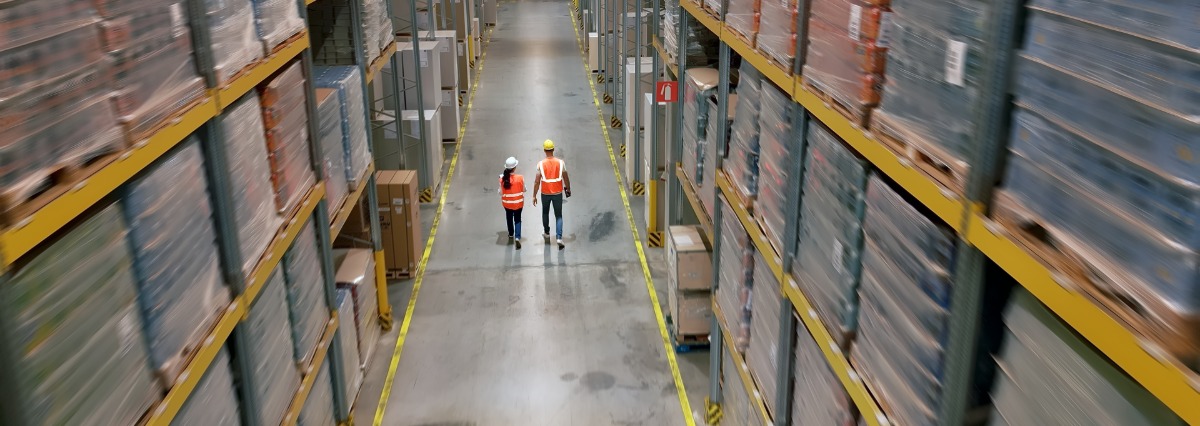Benin and Nigeria jointly signed the African Continental Free Trade Union in July, but no more than just a month later Nigeria closed a part of its border in order to limit its food imports from Benin (and Niger). Nigeria and Benin are also two members of the Economic Community of West African States, promoting free trade in West Africa. Nigeria is importing food despite enough land and labor to be self-sufficient, as a result of output losses driven by infrastructure bottlenecks. Its neighbors have become trade hubs for imports to be re-exported to Nigeria (Benin plays this role, as well as Lomé port in Togo) including through informal channels. Nigeria now wants to encourage the development of food processing at home instead of importing it. The problem for Benin is its sizeable current account deficit (-8.5% of GDP) which is unlikely to narrow given Nigeria’s blockade, and a likely deterioration of its liquidity situation and payment behavior if the conflict persists. Benin’s GDP growth is expected to decelerate to +5% in 2019 and +4% in 2020 (from +6% in 2018).















